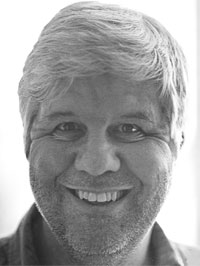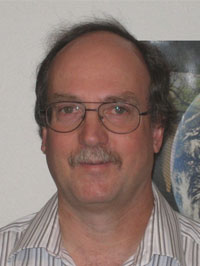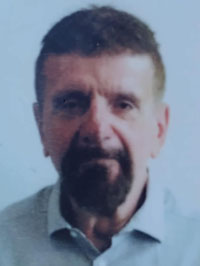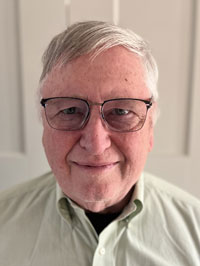Interplanetary Infrastructure
Infrastructure is the backbone of civilization. A multi-planetary civilization needs interplanetary infrastructure to support its expansion, facilitate trade, and keep its citizens and their societies connected. The Interplanetary Infrastructure session considers whether investments in infrastructure, especially two-way transportation infrastructure, can address some of the most pressing problems associated with humanity’s initial efforts to expand into the solar system. Historically, infrastructure has facilitated human expansion. It increased accessibility and reduced the personal sacrifices that adventurous settlers and their families had to make. Infrastructure projects tend to be somewhat conservative in nature. They generally use technologies and materials that have been applied in other industries and that are already well-understood and well-characterized by engineers. Successful infrastructure projects are economically viable because their long-term benefit to society exceeds their upfront cost, even when the upfront cost is significant. The speakers presenting concepts in this session adhere to these fundamental principles and can demonstrate that their proposals do indeed pencil out.

Chair:
Phil Swan
Director of Infrastructure
The Atlantis Project

Chair:
Phil Swan
Director of Infrastructure
The Atlantis Project
Phil Swan has a track record of developing successful innovations while working on advanced multi-disciplinary projects including Starlink, Hololens, and Xbox. He has been granted 38 US patents, including, most recently, a patent for the Tethered Ring. He is the recipient of three corporate recognition awards.
Rand Simberg
Author




Rand Simberg
Author
Rand Simberg is a recovering aerospace engineer with over four decades of experience in the space industry. Early in his career, he accumulated over a decade of experience in engineering and management at the Aerospace Corporation in El Segundo, California, and Rockwell International in Downey, California. Since leaving Rockwell in 1993, he has been a consultant in space technology and business development as well as a technology entrepreneur. He also advises on regulatory and market issues pertaining to commercial and personal spaceflight.
Mr. Simberg holds multiple engineering degrees from the University of Michigan, Ann Arbor, and a master’s degree in Technical Management from West Coast University in Los Angeles. He has written many pieces for Popular Mechanics, Fox News, USA Today, PJMedia, National Review, Reason magazine, The Weekly Standard, The Washington Times, and TCSDaily, among others. He has also written extensive essays on space policy and technology for the quarterly journal, The New Atlantis. He is the author of the book “Safe Is Not An Option: Overcoming The Futile Obsession With Getting Everyone Back Alive That Is Killing Our Expansion Into Space.”


Lev Reznikov
Principal consultant
CRYOFOR


Lev Reznikov
Principal consultant
CRYOFOR
Dr. Reznikov is the author of 70 inventions and papers in the fields of mechanical engineering, military and airspace technologies, space exploration and colonization, fluids processing, thermal management, cryogenics, rocket propellants production, densification, piping and storage, heat- and mass transfer, R&D, experimental technique, and special instrumentation.
John Wilkes
Retired Professor
Worcester Polytechnic Institute






John Wilkes
Retired Professor
Worcester Polytechnic Institute
John Wilkes is a Sociologist of Science and Technology who received his PHD from Cornell in 1976. Wilkes has studied Space Policy and NASA and compared NASA’s evolving mindset to that of other agencies such as the ESA, JAXA, and Roscosmos. In 2010, he led a team that developed a winning proposal for an architectural contest. The proposal described a lunar base that was designed to be constructed using 90% materials obtained through in-situ resource utilization.
